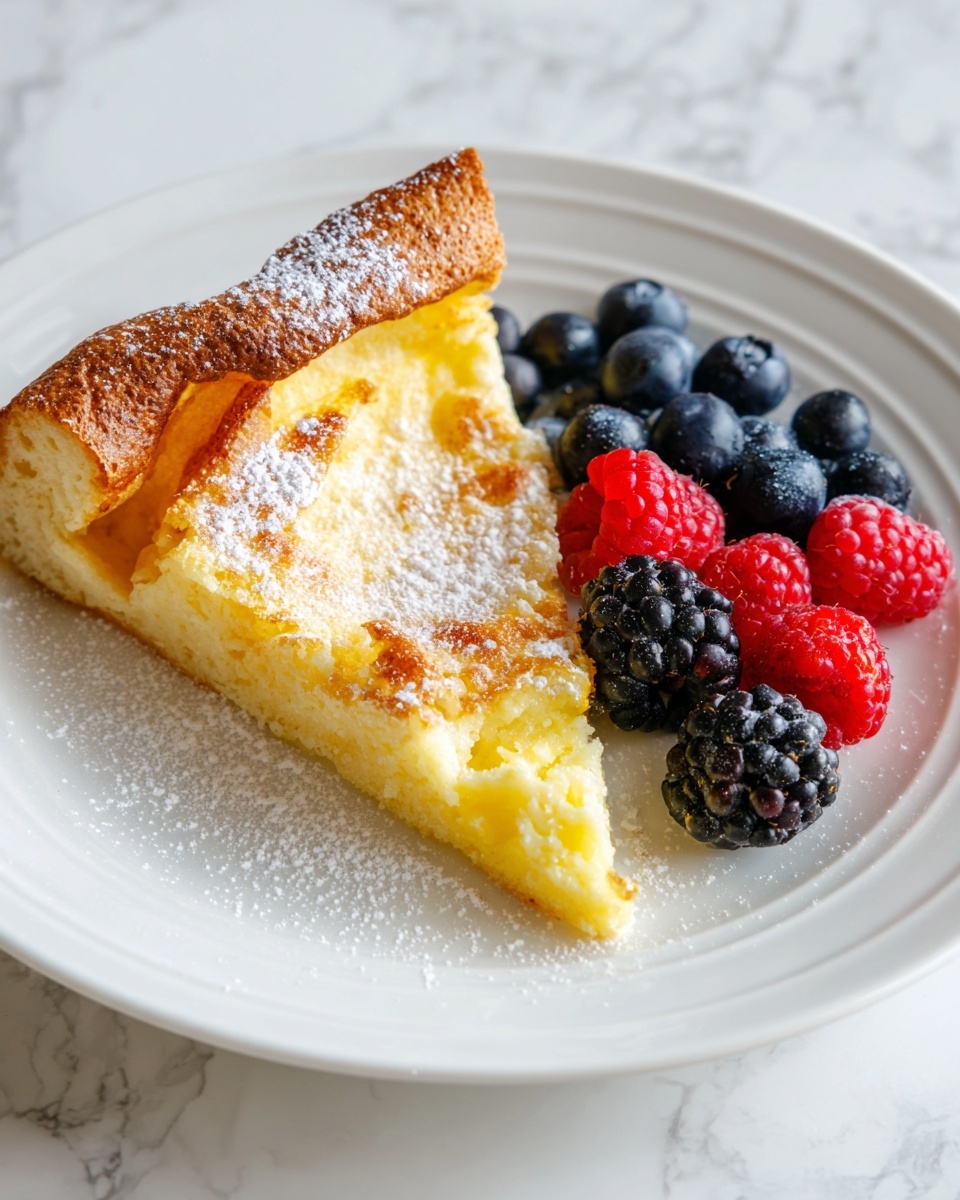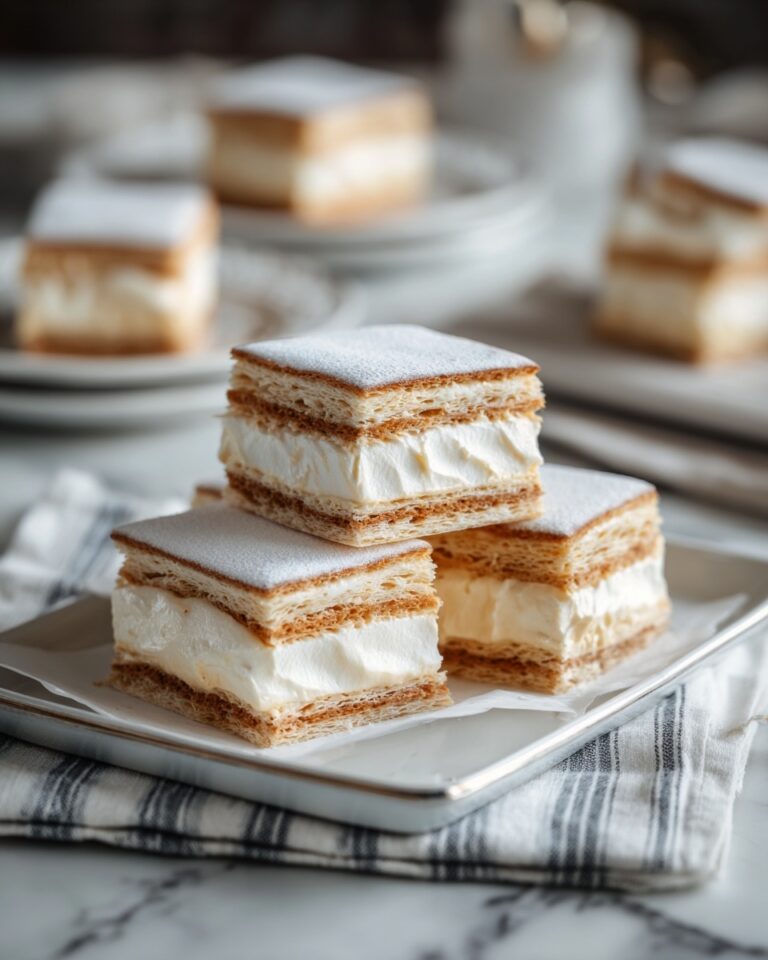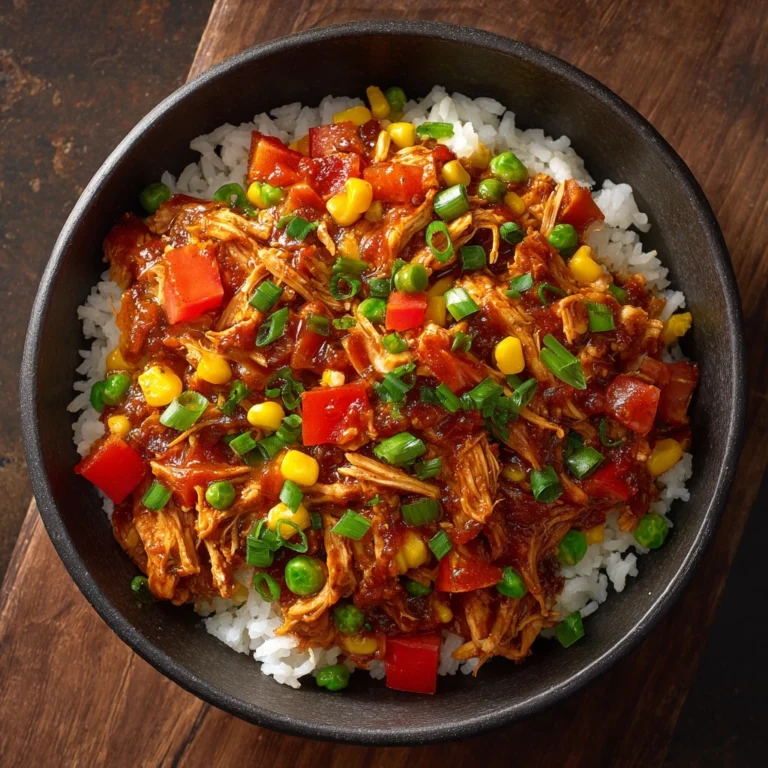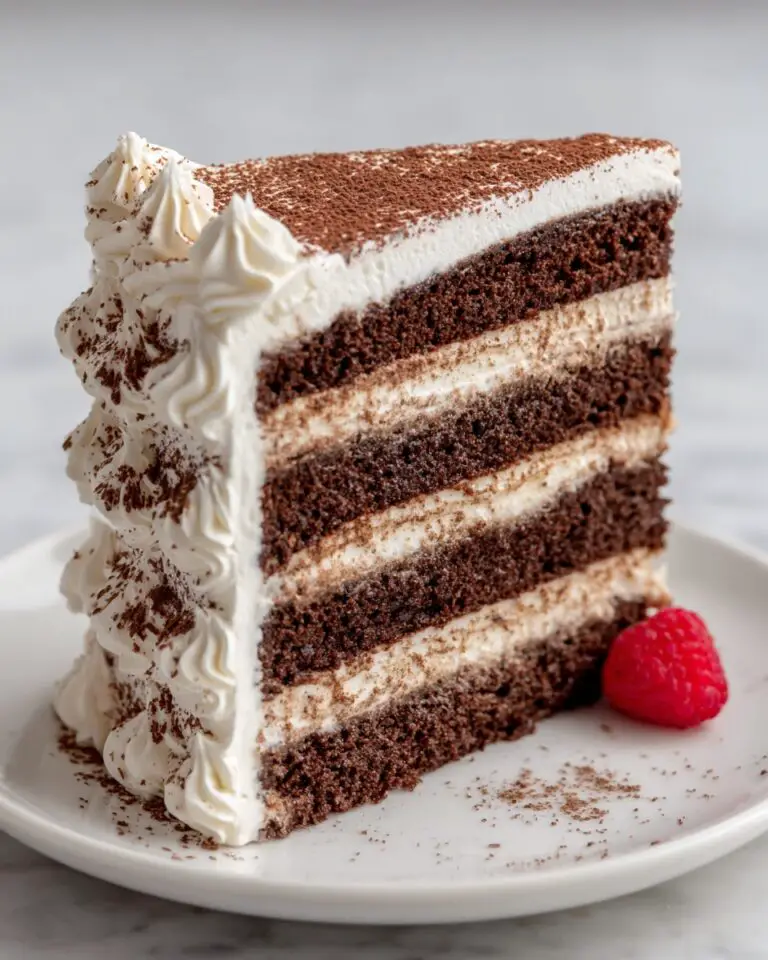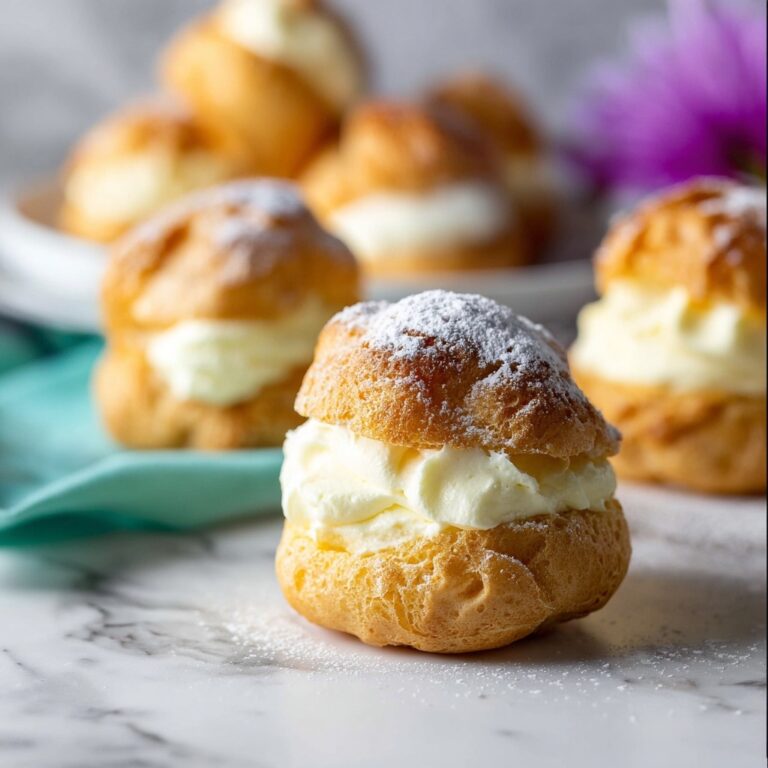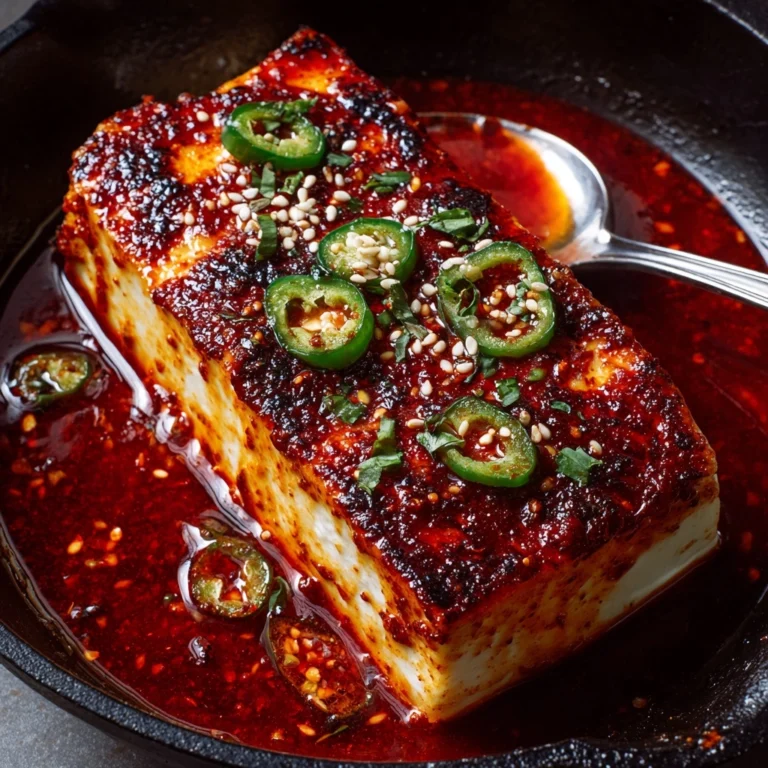If you’ve ever wanted to impress with a breakfast that looks fancy but is surprisingly simple, this German Pancakes Recipe is your new best friend. Imagine a delightfully puffed, golden-brown pancake that emerges from the oven like a fluffy cloud, with edges that crisp just enough to offer a perfect contrast to the soft center. It’s lightly sweet with a hint of vanilla and finished with a sprinkle of powdered sugar and a splash of fresh lemon juice that brightens the entire plate. Whether you’re making a weekend brunch for family or a cozy breakfast treat for yourself, mastering this German Pancakes Recipe is an absolute delight you’ll want to share again and again.
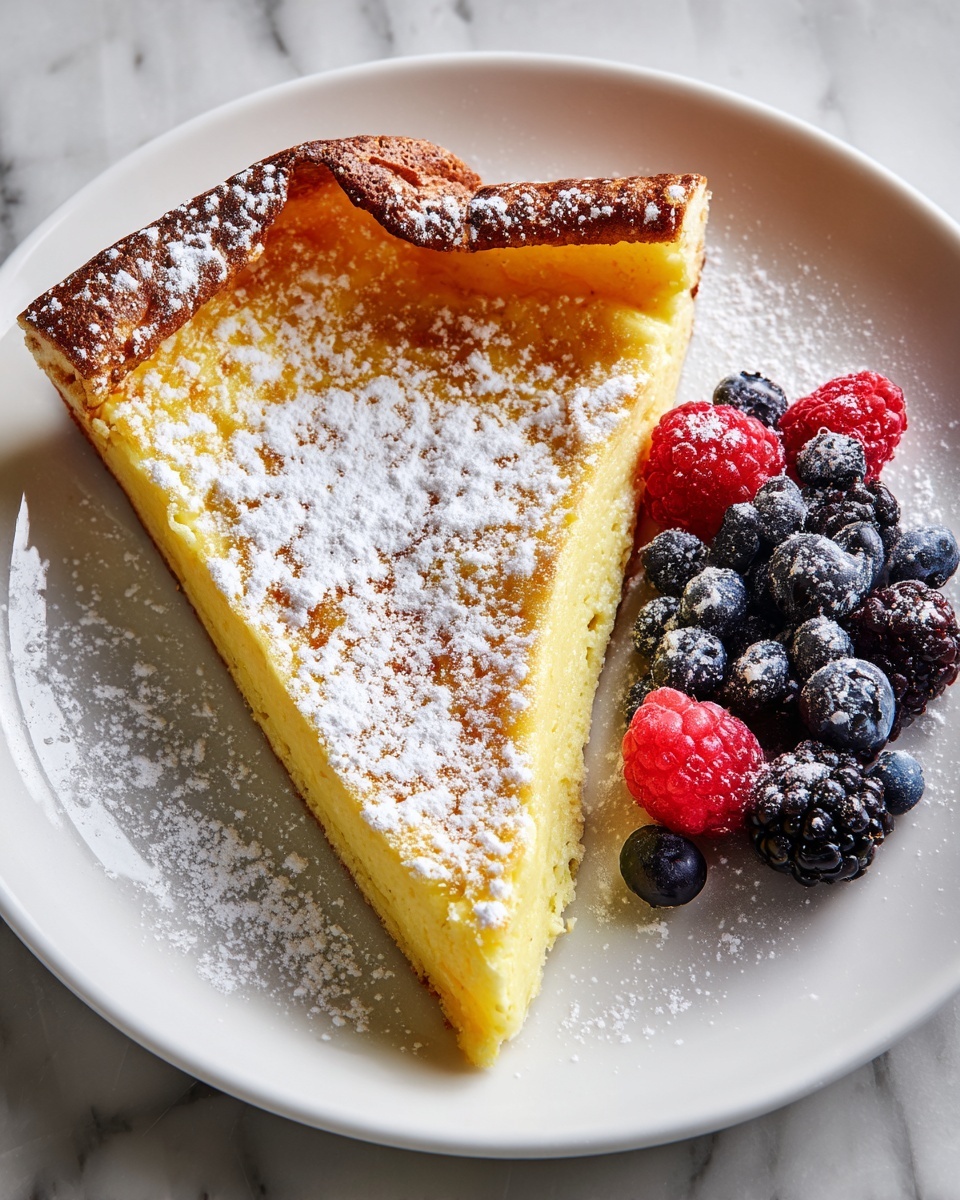
Ingredients You’ll Need
Don’t let the simplicity of the ingredients fool you—each one plays an essential role in creating the rise, flavor, and texture that make this German Pancakes Recipe so spectacular. From eggs that give structure and puffiness to butter that adds a buttery richness, these pantry staples come together beautifully.
- 3 large eggs: These provide lift and the base for the batter’s structure, creating that signature puff.
- 1/2 cup all-purpose flour: Perfect for lending a tender but structured crumb without weighing down the pancake.
- 1/2 cup whole milk: Adds moisture and helps achieve that smooth batter consistency.
- 1 tablespoon granulated sugar: Just enough sweetness to enhance the flavor without overpowering.
- 1/4 teaspoon salt: Balances the sweetness and deepens the overall flavor profile.
- 1/2 teaspoon vanilla extract: Brings warmth and aromatic sweetness to the batter.
- 2 tablespoons unsalted butter: Melts into the pan adding richness and helps crisp the edges beautifully.
- Powdered sugar and fresh lemon juice: The classic finishing touches that complement the pancake’s flavors perfectly.
How to Make German Pancakes Recipe
Step 1: Preheat and Prepare Your Pan
Start by setting your oven to 425°F (220°C) and place your 9-inch cast iron skillet or another oven-safe baking dish inside. Heating the pan as the oven warms is critical to achieving that dramatic puff and crispy edges that make this recipe so special.
Step 2: Blend the Batter
Into a blender, toss your eggs, flour, milk, sugar, salt, and vanilla extract. Blend everything until the batter is perfectly smooth, usually about 20 to 30 seconds. This step ensures an airy batter that will rise beautifully while baking.
Step 3: Add Butter to the Hot Skillet
Carefully remove your now scorching hot skillet from the oven and add the butter. Swirl it around quickly to melt and coat the bottom and sides of the pan—this creates a crispy, flavorful crust that’s pure magic.
Step 4: Pour in the Batter and Bake
Immediately pour the smooth batter into your sizzling skillet and pop it back into the oven. Bake for 18 to 22 minutes until the pancake has puffed up like a souffle and is beautifully golden brown around the edges.
Step 5: Finish and Serve
When your German pancake comes out of the oven, it may deflate slightly—that’s totally normal! Dust it generously with powdered sugar and squeeze fresh lemon juice over the top for a refreshing brightness. Serve it right away to enjoy the full contrast of textures and flavors.
How to Serve German Pancakes Recipe
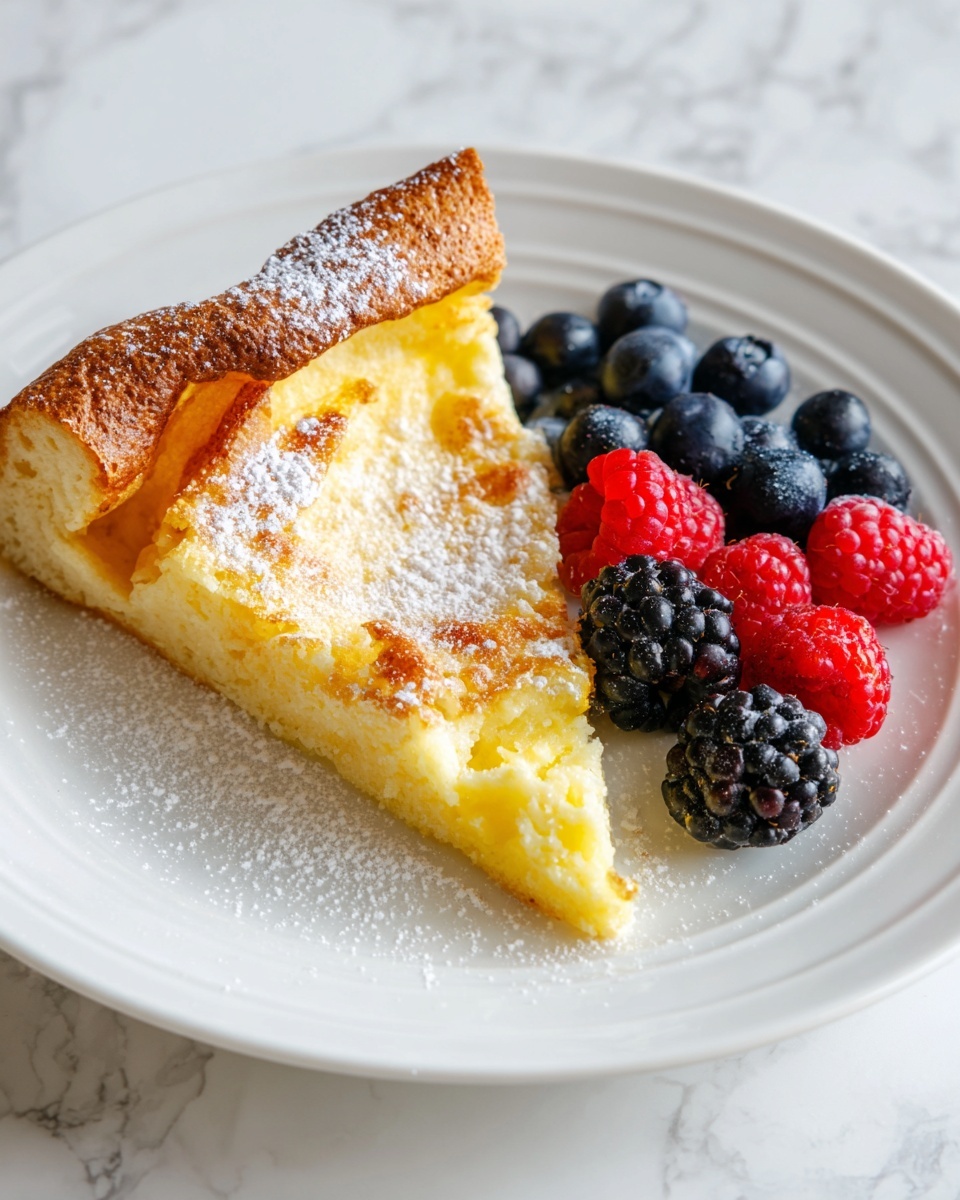
Garnishes
The beauty of this German Pancakes Recipe lies in its versatility with toppings. Fresh berries add a burst of color and tanginess, while a dollop of whipped cream or a drizzle of warm maple syrup creates indulgent sweetness. A sprinkle of cinnamon or a handful of chopped nuts can also elevate every bite.
Side Dishes
Pair your German pancake with crispy bacon or sausage for a savory balance. A side of fresh fruit salad or yogurt adds a refreshing, light complement that balances the richness of the pancake.
Creative Ways to Present
For a charming twist, try dividing the batter into muffin tins for individual mini pancakes—perfect for gatherings or portion control. You can also fold in blueberries or chocolate chips before baking for an exciting surprise inside each puff.
Make Ahead and Storage
Storing Leftovers
If you have any leftovers (though that’s rare!), wrap them tightly in plastic wrap or place in an airtight container. They’ll keep well in the fridge for up to two days without losing too much of their texture.
Freezing
German pancakes don’t freeze as well as some baked goods because they can lose their puffiness and texture. However, if you need to freeze, separate individual slices with parchment paper and store them in a freezer-safe bag for up to one month.
Reheating
To bring your chilled or frozen German pancakes back to life, reheat them in a 350°F (175°C) oven for about 5 to 10 minutes until warmed through and edges regain a bit of crispness. Avoid microwaving as it can make the texture rubbery.
FAQs
Can I use a regular baking dish instead of a cast iron skillet?
Absolutely! An oven-safe baking dish works great, just make sure it’s preheated so the batter hits a hot surface to help achieve the rise and crispy edges classic to this recipe.
What is the difference between German pancakes and regular pancakes?
German pancakes, often called Dutch babies, puff up in the oven and have a light, airy interior with crisp, golden edges, whereas regular pancakes are cooked on a griddle and have a thicker, fluffier texture.
Can I make this recipe dairy-free?
Yes! Substitute the whole milk with a plant-based milk like almond or oat milk and use a non-dairy butter alternative to keep the rich flavor and crisp texture intact.
Why does the pancake deflate after baking?
It’s totally normal for German pancakes to deflate once removed from the oven because the puff is due to steam and air trapped inside. It’s part of their charm and doesn’t affect the taste or texture.
Can I add fruit directly to the batter?
You can—small fruits like blueberries work wonderfully when folded gently into the batter before baking. Larger pieces or very juicy fruits might affect the rise or cause the pancake to get soggy.
Final Thoughts
There’s something truly joyful about making a German Pancakes Recipe that takes simple ingredients and turns them into a show-stopping breakfast centerpiece. It’s a dish that draws smiles around the table, invites creativity in toppings, and feels just as special on a weekday as it does on a lazy weekend morning. I can’t wait for you to try this recipe and make it your own—it’s one of those delightful kitchen wins you’ll cherish.

